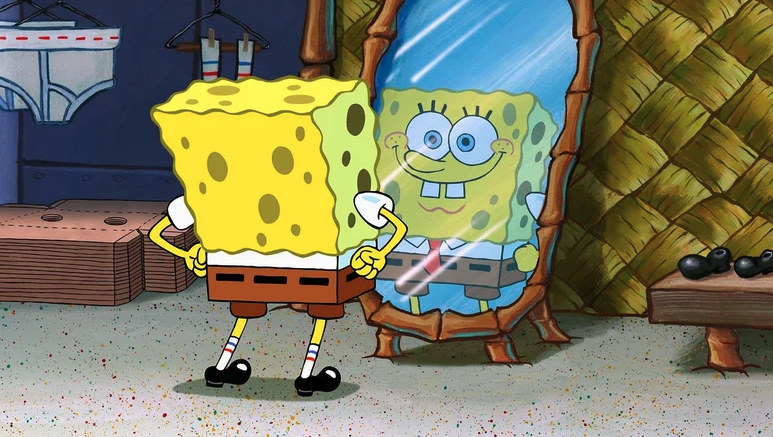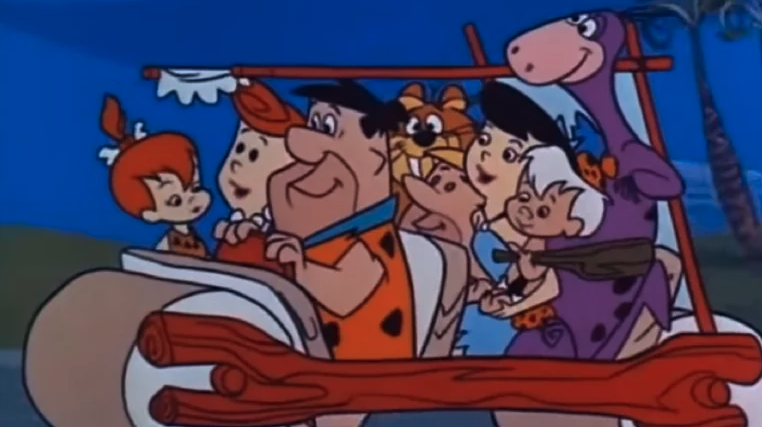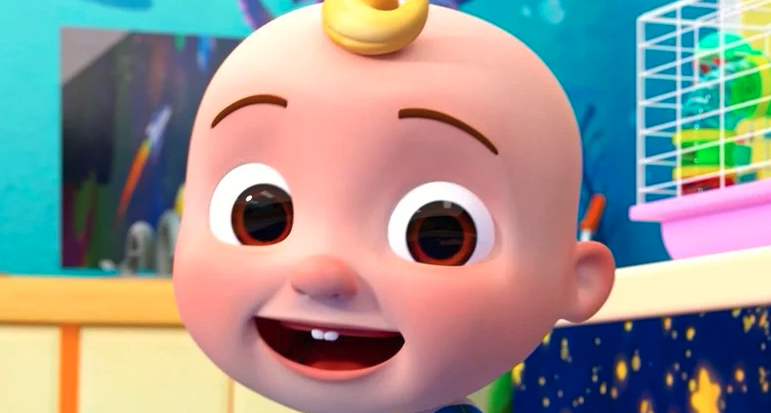SpongeBob SquarePants Episodes That Only Adults Understood
Certain SpongeBob SquarePants episodes contain jokes and themes that resonate more with adult viewers due to their satirical nature and subtle innuendo. These aren't inappropriate for children but often fly over their heads, appreciated more by older audiences who grasp the underlying social commentary. For example, episodes dealing with workplace issues, like "Squid's Day Off" exploring the anxieties of management, or "Can You Spare a Dime?" depicting the struggles of unemployment, mirror real-world adult experiences. Other episodes subtly parody societal norms, consumerism, or even political situations, adding a layer of humor that adults find particularly clever. These instances contribute to the show's enduring popularity across generations, offering entertainment on multiple levels.

While SpongeBob SquarePants is beloved by children for its slapstick humor and colorful characters, the show also contains a surprising amount of wit and satire that resonates with adult viewers on a deeper level. These aren't just simple "adult jokes" that fly over kids' heads, but rather episodes that explore more complex themes and situations that become more relatable with age and experience.
One such example is the episode "Mid-Life Crustacean." Mr. Krabs, facing his advancing years, experiences a mid-life crisis and desperately tries to recapture his youth by hanging out with SpongeBob and Patrick. The episode hilariously portrays the anxieties of aging, the fear of becoming irrelevant, and the sometimes misguided attempts to hold onto the past. Adults can easily relate to Mr. Krabs's feelings of insecurity and his desire to feel young again, while children may simply see it as Mr. Krabs acting silly.
Another episode that resonates with adult viewers is "Band Geeks." This episode centers around Squidward's desperate attempt to form a band for the Bikini Bottom Super Bowl. The episode perfectly captures the frustration and disappointment of unfulfilled dreams and the struggle to achieve recognition. Squidward's relentless efforts to organize the band, despite the constant chaos and incompetence of his bandmates, mirror the challenges many adults face in their own pursuits. The episode's climax, where the band surprisingly delivers a stellar performance, provides a cathartic moment for viewers who have experienced similar struggles.
"The Chaperone" is another episode that takes on a more mature theme. SpongeBob, acting as Pearl's chaperone for a school dance, becomes overly protective and interferes with her attempts to have a good time. This episode touches on the delicate balance between parental responsibility and allowing children to grow and experience independence. Adults can recognize the well-intentioned but ultimately misguided actions of SpongeBob, reflecting the challenges of letting go and allowing loved ones to make their own mistakes.
The episode "Graveyard Shift" delves into the anxieties of working the night shift. SpongeBob and Squidward are forced to work overnight at the Krusty Krab, and Squidward attempts to scare SpongeBob with a spooky story. The episode captures the eerie atmosphere and the psychological effects of working late hours, something many adults can relate to. The humor in the episode comes from the contrast between Squidward's cynicism and SpongeBob's naive enthusiasm, creating a dynamic that resonates with viewers who have experienced similar workplace dynamics.
These are just a few examples of SpongeBob SquarePants episodes that offer a deeper level of enjoyment for adult viewers. The show's ability to blend childish humor with more mature themes and situations is a testament to its clever writing and enduring appeal. By exploring topics like aging, ambition, responsibility, and workplace dynamics, SpongeBob SquarePants provides a viewing experience that can be appreciated by audiences of all ages, albeit for different reasons. The show's ability to cater to both children and adults is a key factor in its continued success and its status as a beloved cultural phenomenon.




